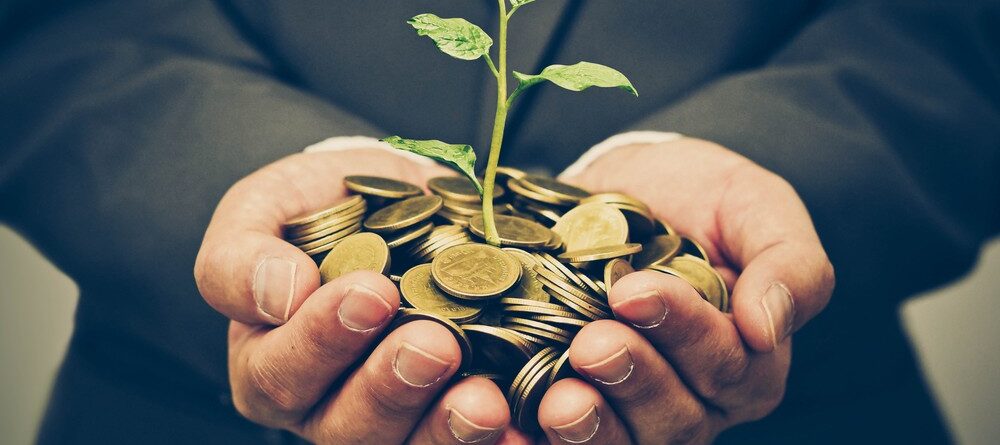From human rights to recycling bins: how can you define ‘ethical investing’?
Companies are facing increasing consumer and shareholder pressure to ensure the investments they make are ethical. But how do they define what’s ethical?
Broadly, ethical investment is on the rise. According to the Responsible Investment Association Australasia (RIAA), about $1tn of the $2.24tn in managed funds is classified as responsible. That’s not just because Australians are becoming more aware of the impact their investments can have, but also because responsible or ethical investment is really starting to pay. Sustainable, environmentally friendly and socially conscious businesses are often making essential contributions to our future. Through superannuation, banking and shares, people are actively putting their funds into such ventures.
Unfortunately, there’s no uniform indication of what constitutes “ethical”. There’s also no regulation to clarify what ethical investing is as a basic standard. So you need to navigate the marketing.
Ethical screening is generally conducted by fund managers and financial advisers. So, for example, in the case of an ethical superannuation fund, the fund’s managers will establish their ethical expectations and screen prospective companies based on this. Similarly, an ethical financial adviser will have a broad view of what they deem ethical, while also taking their clients’ specific needs into account. If you are investing independently, it will be up to you to decide what’s non-negotiable and what’s acceptable.
Read more @The Guardian
435 views










